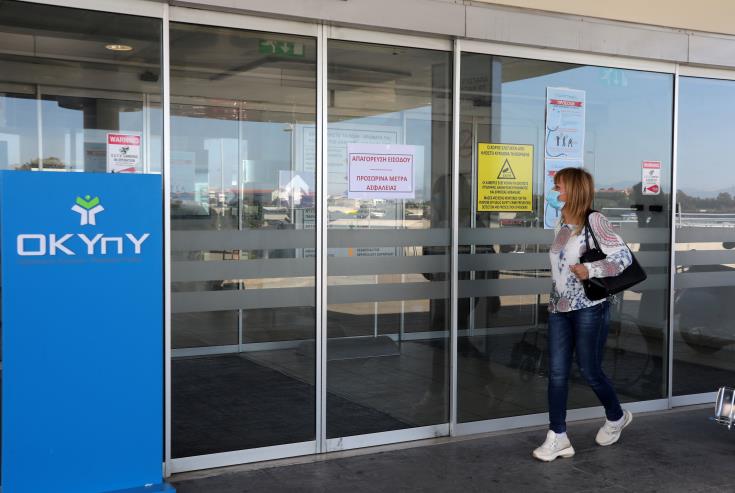We’ve been told the economy is going to rebound as businesses have re-opened quicker than expected under the tough lockdown regime.
A doomsday cloud that hangs over the key tourism industry also seems to be lifting slightly as Cyprus prepares to open its airports on Tuesday.
Although many of the restrictive lockdown measures have been removed, allowing a certain degree of daily normality, coronavirus still poses a risk.
It is relying on us not to remain vigilant, to ignore precautions and hygiene standards, many are behaving as if this is simply a storm in a teacup – it will pass.
Cyprus may be winning the struggle against a deadly virus with no known vaccine but many other countries are still struggling to level the playing field for a semblance of near normal.
From next week shopping malls, gyms, indoor hotel and restaurant facilities will reopen to the public, all testament to the hard work that Cyprus has achieved in preparing for a fight it had to win.
For once, it saw the hurricane gathering speed and took pre-emptive action to ensure its rickety health system was not blown away once the wind started to rattle the foundations.
Cyprus only usually attracts global attention for its seedy, corrupt past, intractable political problem and financial meltdown.
Slowly, but surely, it has earned a reputation for taking COVID-19 deadly seriously by not simply whistling in the wind when the alarm was raised.
The outside world wants to know how we got to this point of relative security without piling up dead bodies, running out PPE and letting our hospitals become overwhelmed.
Cyprus has tested nearly 12% of its population, its ICU beds were never more than at 60% capacity, it ordered equipment early, and it focused on comprehensive testing and surveillance strategies.
It all sounds like the common sense thing to do but many countries did not follow this way out, having now to retrace their steps at the cost of lives lost.
How the economy copes from the shock of COVID-19 lockdown is another matter as unemployment is expected to climb, consumer demand to plummet as households save for another rainy day.
Having crawled out of a health emergency in one piece, the island is now trying to promote itself as one of the healthiest destinations to enjoy a holiday.
But the industry is not simply going to rely on offering you a free dry Martini and a socially distanced beach experience – no it’s going to push the pleasure boat out.
As an added incentive to get tourists coming here, the government will cover the medical costs for those who contract the virus while on holiday.
Cyprus will also guarantee that those who rebook a holiday that was cancelled due to the coronavirus pandemic can come at no extra charge.
This is a chance to put our best face on when the tourists start coming back, to welcome them as guests by not trying to rip them off while pretending to be their best friend (that old chestnut).
If the economy has any chance of getting back on its feet before the ringside bell rings, then tourism is going to play its part in the recovery plan.
Safe destination
Cyprus is being touted among the world’s safest holiday COVID-free hotspots due to a very low transmission rate and very few daily cases.
Opening up the borders does come with a roll of the dice because it comes with the risk of importing COVID-19 cases into a near-sterile environment.
A second wave would entail slamming the lockdown lid back down, accompanied by a stay at home decree with a night curfew bolted on for good measure.
Nevertheless, there are other opportunities that Cyprus could exploit from its burgeoning reputation as a wellbeing oasis during the pandemic.
Investors and big business may also be attracted by the safe environment on offer believing that if Cyprus unashamedly put ‘health before wealth’ then it must be doing something right.
With this new-found confidence, the authorities could take steps in improving oxygen-sapping bureaucracy, get with the digital programme, take education reform more seriously, narrow the gender gap.
Granted, these are all rather fanciful notions but as with the national health service, the genie is out of the bottle.
Stay safe










